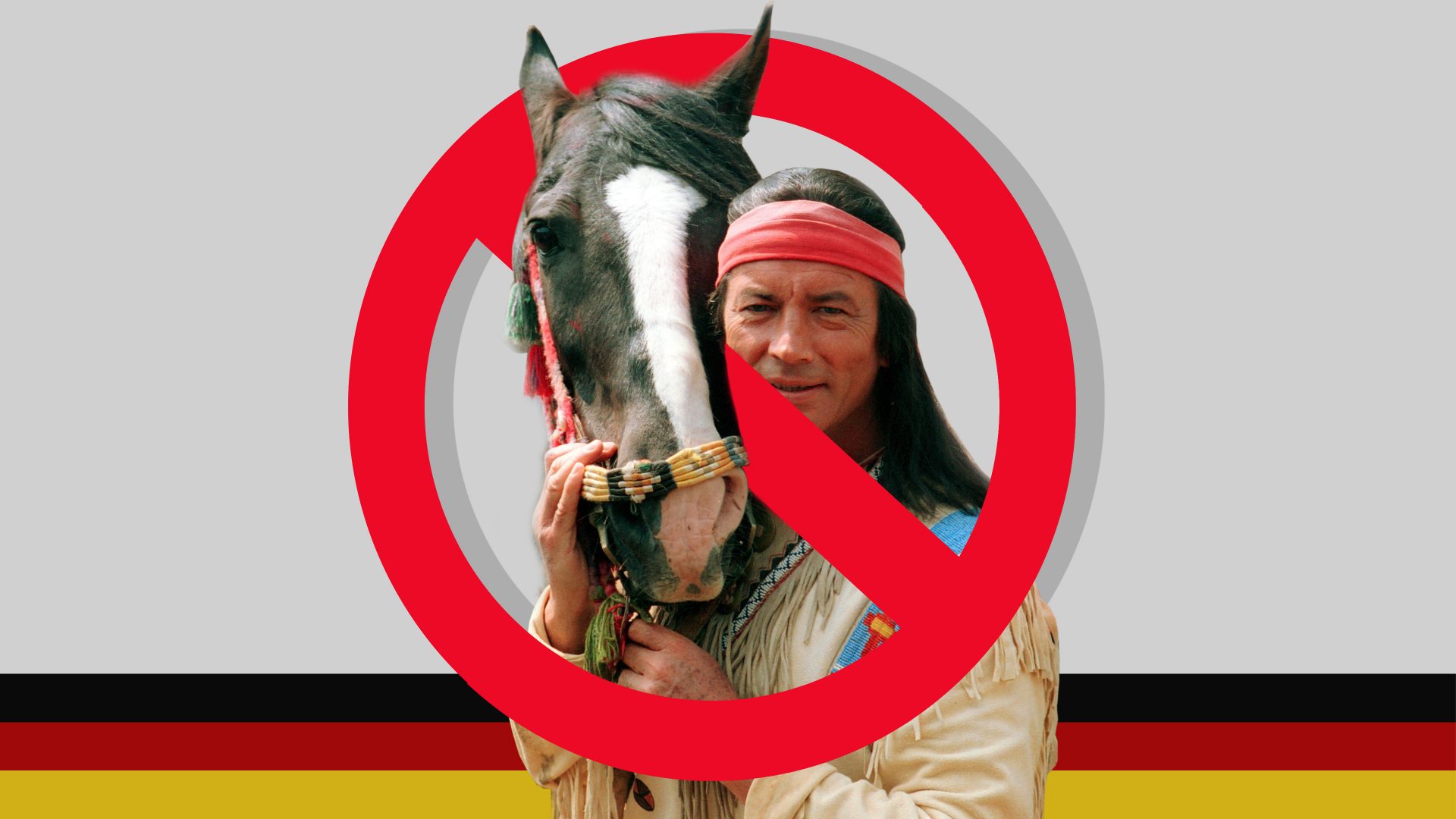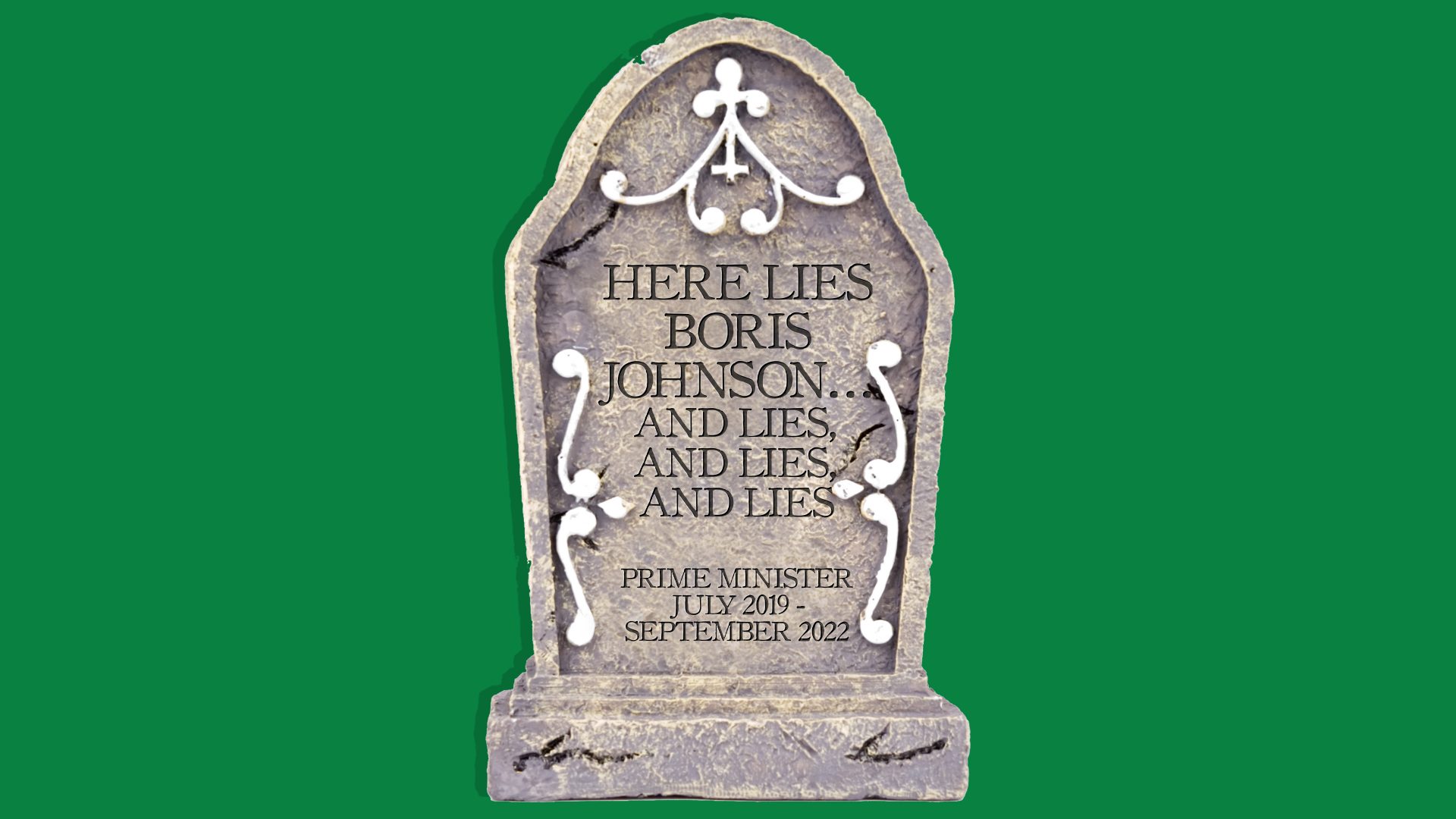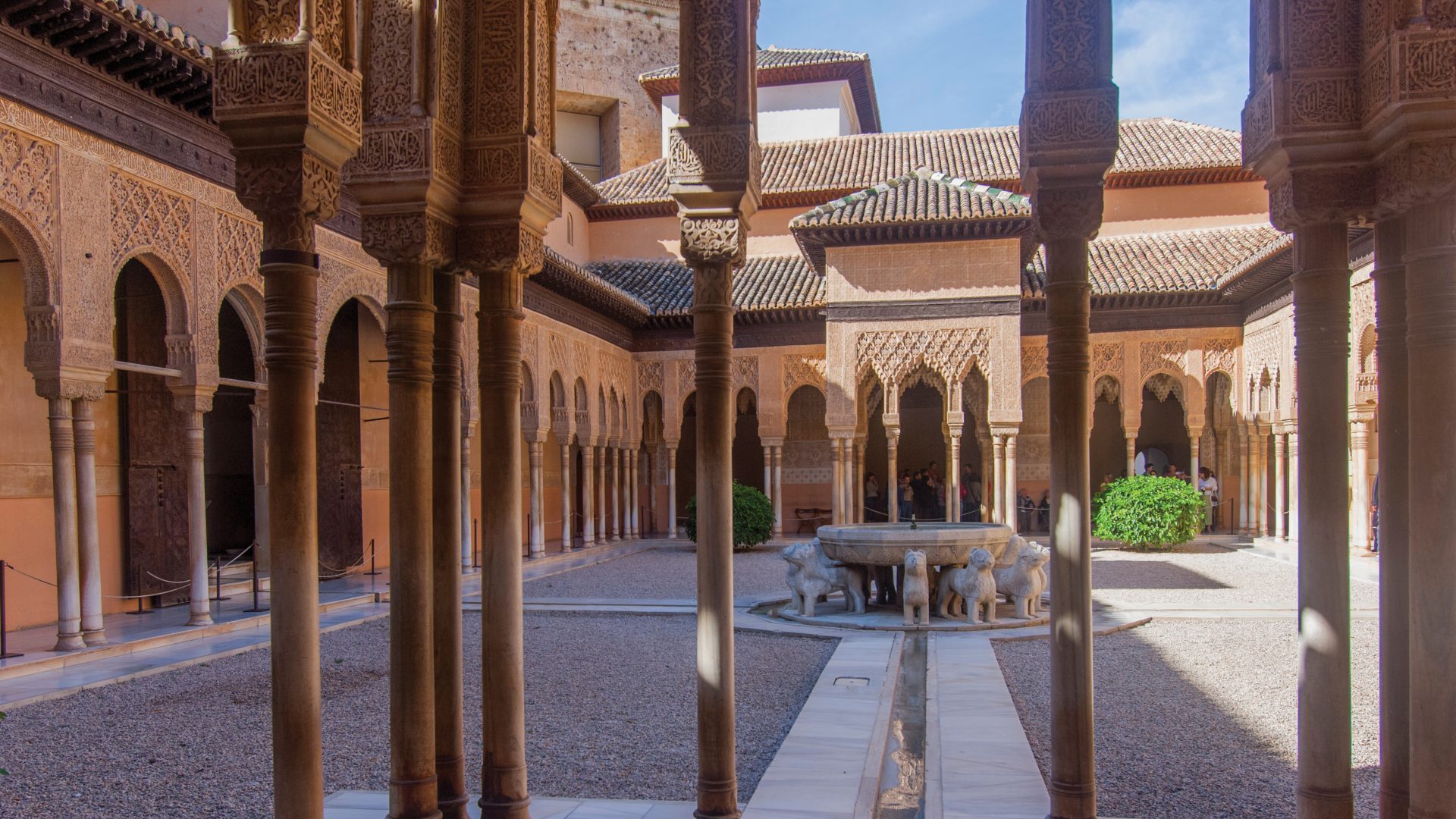Who, would you say, is Britain’s greatest hero? Lord Nelson? Churchill? Robin Hood? David Beckham’s left foot? My own country’s (slightly weird) choice of No 1 hero is currently under attack. For those historically versed, this isn’t about Arminius (or Hermann, as we call him), the Cheruski princeturned-Roman-soldier-turned-Germanic-liberator who ambushed and annihilated three Roman legions in 9AD in the Teutoburg Forest, after having unified Germanic tribes.
It was one of Rome’s greatest defeats, causing the empire to permanently stop any engagement east of the Rhine. In other words: thanks to dear Hermann, civilising vast parts of Germanistan was postponed for another couple of centuries. There is a massive monument to his honour, but still he didn’t make the top of the hero scoreboard.
Nor did fearless Siegfried, dragonslayer with an antisocial upbringing in foster care, despite hours and hours of opera singing. Wagner did his best, but then came… Winnetou, the stereotypical noble Indian chief and his unlikely German immigrant pal Old Shatterhand. Some experts even see a bit of bromance and homoerotic fantasy at play.
You know you’re German if you have read the books, watched the 1960s films, had a crush on either of these blood brothers or on Winnetou’s sister, Nscho-tschi (culturally appropriated by Bavarian actress Uschi Glas), cheered the fake Apache warriors at one of the festivals in Elspe or Bad Segeberg fighting fake Comanche (on real horses, at least) and vicious English or Frenchmen stealing their land, inhaled gunpowder smoke – and if you shed tears at Winnetou’s untimely death (spoiler, sorry). I can tick every one of those boxes.
Winnetou is class A, beloved German cultural heritage. Even the East German film industry felt it had to produce its own version of idealised Indian chiefs, mostly played by Serb actor Gojko Mitić. The West German Winnetou was French: Pierre Brice.
The creator of the Winnetou saga, Karl May, is one of the most-translated German authors you will have never heard of. His adventure stories sold an estimated 200m copies, 100m in Germany alone, even though it was already known during his lifetime that he had spent more time in prison for petty crimes than in the Wild West (where he never went at all).
May was a dazzling cheat, dressed up in fringed leather jackets as Old Shatterhand, claiming to be his alter ego. His good v evil stories, with noble natives fighting foreign intruders, never lost their appeal. The pacifist could list Albert Einstein and Adolf Hitler (who must have missed May’s general philosophy of all humans created equal) among his fans. But of course, like anything written in the 1890s, his work can’t live up to today’s standards of moral hygiene.
Interestingly, it’s not so much the original Winnetou that has caused the latest culture war, but books from 2022: a spin-off for children. Last week, the publisher Ravensburger took all copies of Der junge Häuptling Winnetou (The Young Chief Winnetou) off the market. The books are the merchandise for a children’s film currently being shown in the cinemas.
The film itself received mixed reviews. Some called it valuable, others said the story was thin, and a representative of the Native American Association of Germany claimed it reduced indigenous people to the usual stereotypes.
As for the spin-off-books, well, apparently the spirit of the German proverb “Ein Indianer kennt keinen Schmerz” (literally: “An Indian knows no pain”, meaning: “Stop whining!”) made it into them.
The publisher didn’t name the cliched story as the reason for withdrawing the books, but the negative reactions: “Your feedback clearly showed us that we hurt other people’s feelings with the Winnetou titles… and we apologise”, Ravensburger stated, and went on about the staff’s awareness of “cultural appropriation”.
Unsurprisingly, both the unsophisticated PR and self-censorship infuriated the huge Winnetou fanbase among German journalists, politicians and social media users, and of course the anti-wokeists.
Tabloid front pages and broadsheet culture sections all seemed to say: “Don’t mess with Winnetou, don’t dare to cancel our hero.” I’m optimistic. Winnetou and the German soul are inseparable.
Should you want to start reading Karl May, here’s a warning: in addition to cliched Indians, there is also Lord Castlepool, a Scotsman with an “oafish countenance” who mostly hunts for butterflies. No offence.




